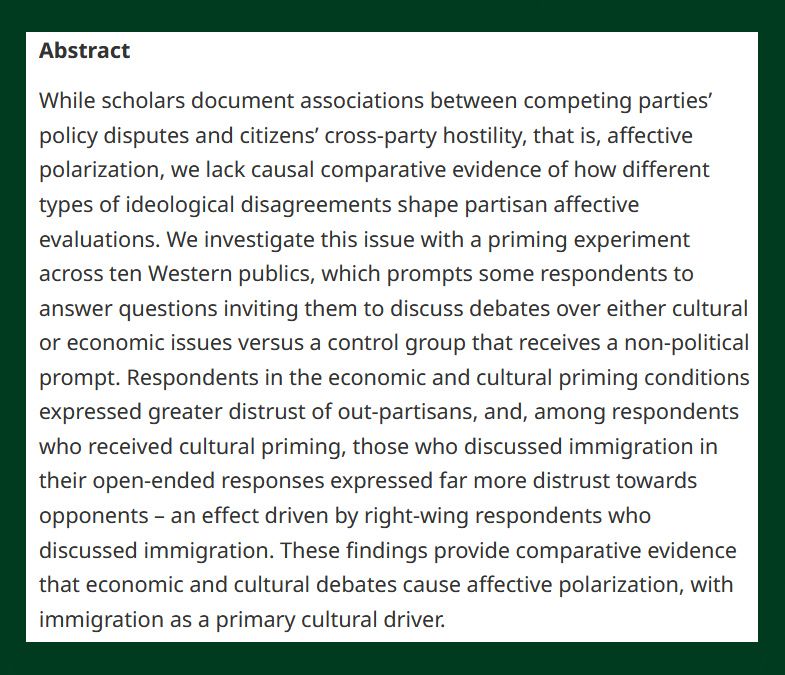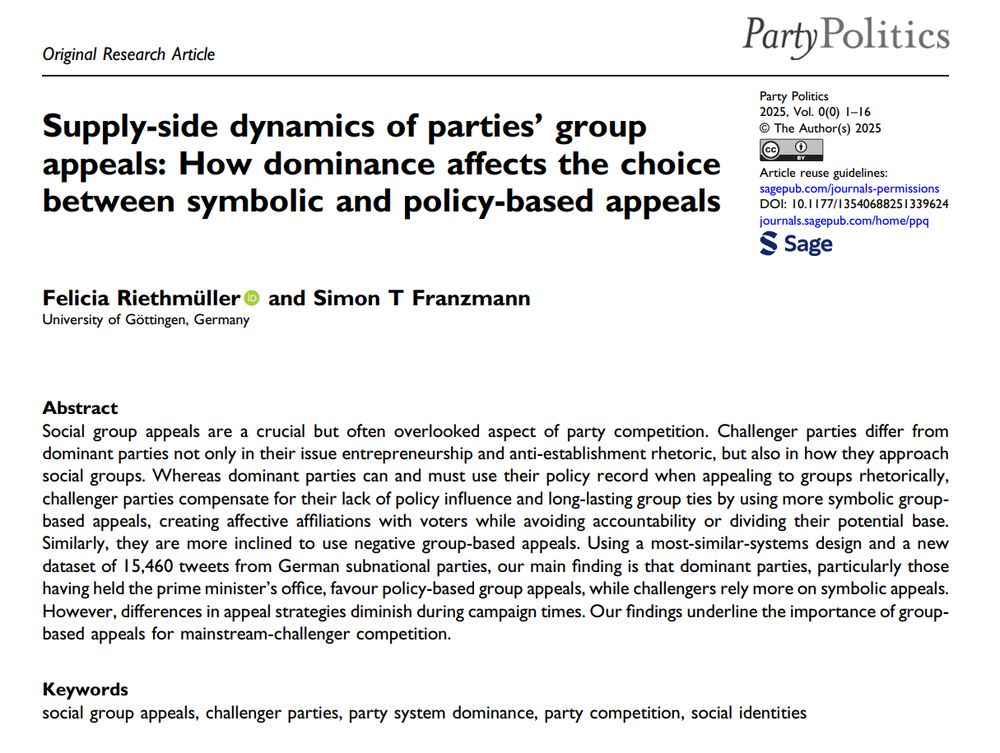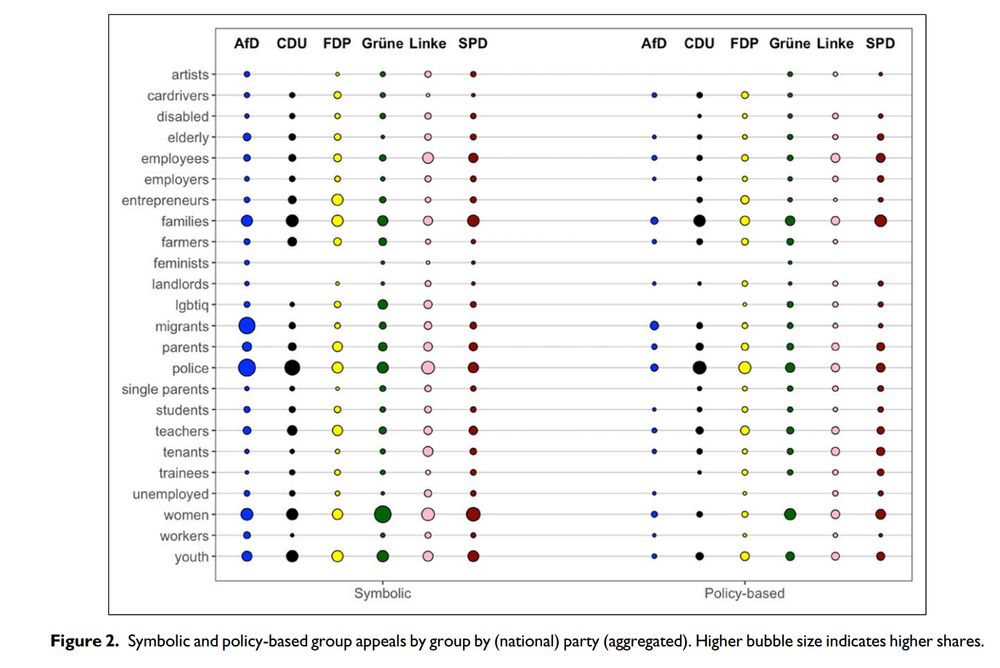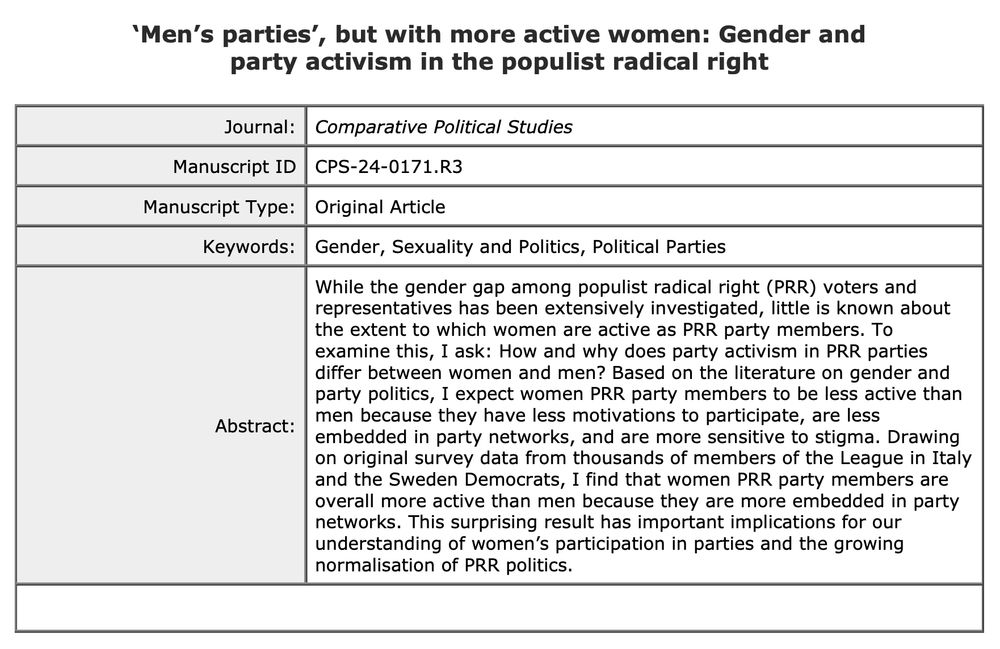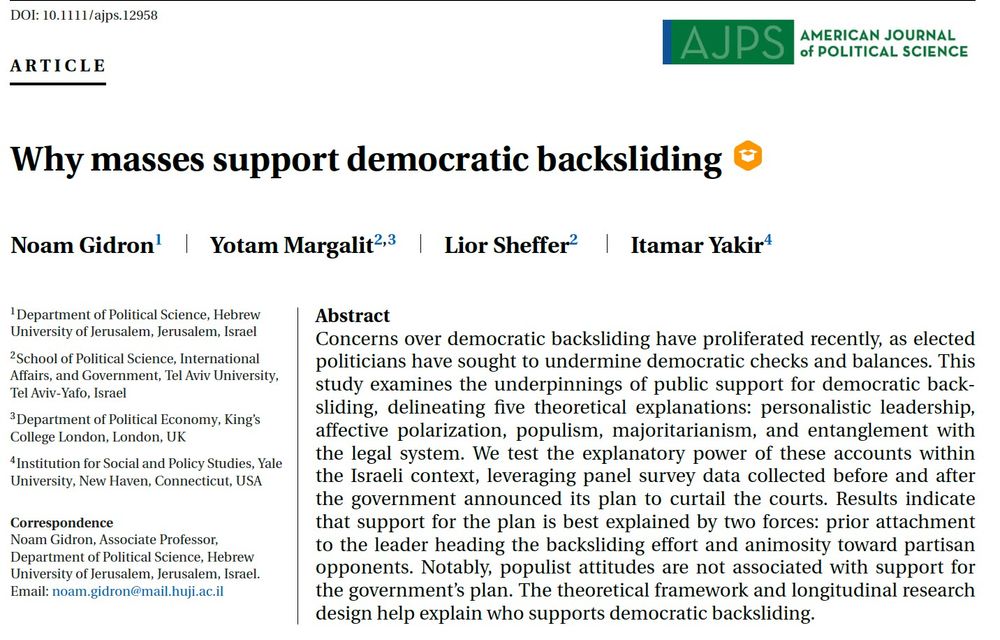Thomas Tichelbaecker
@ttichelbaecker.bsky.social
400 followers
400 following
24 posts
PhD Candidate @Princeton Politics, researcher @TU Chemnitz - Political parties and polarization. tichelbaecker.com
Posts
Media
Videos
Starter Packs
Reposted by Thomas Tichelbaecker
Reposted by Thomas Tichelbaecker
Reposted by Thomas Tichelbaecker
Reposted by Thomas Tichelbaecker
Reposted by Thomas Tichelbaecker
Reposted by Thomas Tichelbaecker
Reposted by Thomas Tichelbaecker
Reposted by Thomas Tichelbaecker
Reposted by Thomas Tichelbaecker
Reposted by Thomas Tichelbaecker
Reposted by Thomas Tichelbaecker


